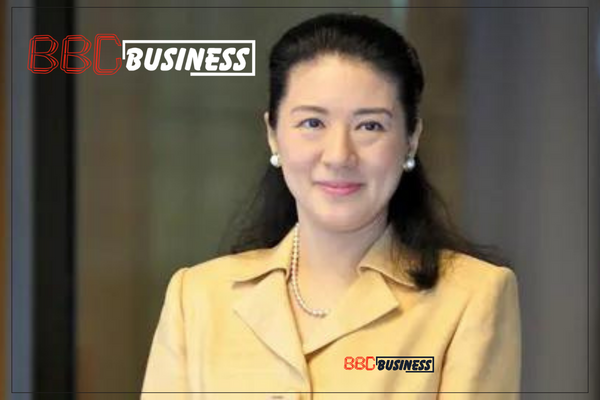Carom billiard (sometimes called ping-pong) is a variant of table tennis that zeros in on the same principle as pool: balls rebounding off an object into another (usually an opponent’s pocket). Introduced to Japan in the early 1800s, carom billiard became popular as a social game. Though there are now many variants of the game, carom billiard is especially enjoyed for its quick, thrilling action. In this article, we profile one of the game’s pioneers – Masako Katsura!
What is Carom Billiard?
For centuries, carom billiards has been a popular pastime enjoyed by people of all ages. Officially sanctioned in Europe in the 17th century, carom billiards can be traced back to India, where it was known as “carambola.” Masako Katsura is considered one of the pioneers of modern carom billiards. Born in Japan in 1938, Katsura learned to play the game early and began promoting and playing the game professionally in 1952. In 1966, she won the Women’s Professional Carom Billiard Championship and defended her title three times more before retiring in 1972. Today, Katsure is regarded as one of the most significant figures in carom billiards history, and her achievements have inspired many others to pursue their passions for this unique sport.
How was Masako Katsura Famous?
Masako Katsura is an internationally renowned carom billiard player and instructor. She was one of the pioneers of the game, playing professionally in Japan and abroad from the early 1960s until her retirement in 2000. Her achievements include winning nine World Championship titles (five singles, four pairs), five European Championship medals (three singles, two pairs), three Japan Open Championships, and numerous other top-level tournament win.
Born in Kumamoto Prefecture in 1937, Masako learned to play table tennis at a young age. She took up carom billiards around the same time. In 1961 began competing professionally with Manabu Kimura, defeating him to win the Japanese Professional Championship that year. The following year she made her breakthrough outside of Japan when she won the British Carrom Billiard Association Open Tournament.
In 1963 she moved to Denmark to take up a professional contract with SAUBA/BRITTABY precious metals company. She remained there for six years when she competed for clubs in Sweden and Norway. In 1970 she returned to Japan and resumed playing for clubs, mainly in Hiroshima Prefecture, where she still resides.
She has continued to give lectures and demonstrations throughout her career, most recently at the Tokyo Globe Rink in April 2011 alongside fellow pioneer Etsuko Akimoto.
Masako Katsura’s Contributions to Carom Billiard
Masako Katsura is credited with helping start the Carom Billiard revolution in Japan. She is considered one of the pioneers of this exciting new game and has helped promote it throughout the country.
She was born in 1933 in Iwate Prefecture and began playing billiards at an early age. It wasn’t long before she became a professional player and garnered a reputation as one of the best cabinet-makers in Japan. In the 1960s, Katsura began to experiment with different forms of carom billiards and began to develop her unique style.
She is also best known for creating the modern carom billiard table, which features a roundtable configuration and distinctive shark’s tooth border. Her tables are used by many top players worldwide and have helped to popularize this exciting new game.
Katsure passed away in 2006, but her legacy lives on in the many talented players she has inspired. She will be forever remembered as one of the greatest pioneers of Carom Billiard. She was an important figure in its history.
Lessons Learned from Masako Katsura
Masako Katsura is one of the pioneers of Carom Billiard. Carom is a popular and fast-paced game that both beginners and experts can enjoy. Here are three lessons that Ms. Katsure has taught us about this fun game:
1) Learning to control the cue ball can be a challenge, but you can become a proficient player with practice.
2) Stay calm under pressure- no matter how your opponent plays, always maintain composure and focus on your shots.
3) An ounce of preparation goes a long way – ensure you are well-prepared to play your best before each match!









